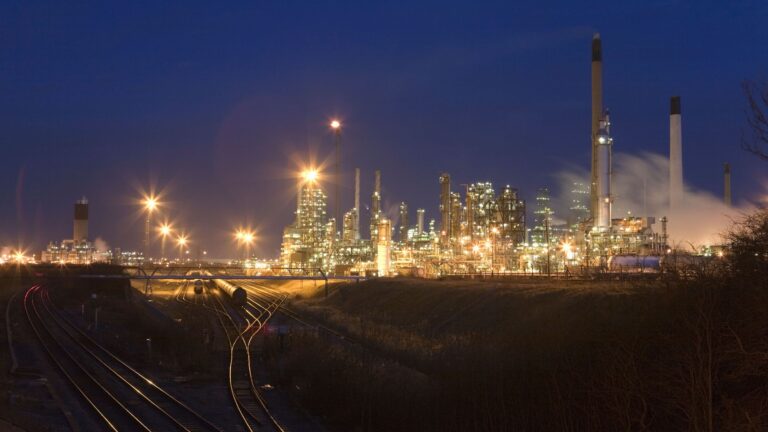
A $10bn oil empire collapsed overnight.
It wasn’t bad luck; it was bad leadership, no oversight, and debt-fuelled chaos. The fall of Lindsey Oil Refinery is a wake-up call for the whole energy sector.
Here’s the collapse, step-by-step:
1. The early warning signs? Hidden in plain sight.
Prax Group, a $10bn oil empire built over 25 years by Winston and Arani Soosaipillai, started reducing costs as early as March 2024. Hundreds were laid off, stores sold, and Deloitte brought in under “Project King” to manage performance, a quiet red flag few noticed.
2. The centralised power structure
Despite its size, Prax operated like a family business, with Winston as sole director. Strategy was locked behind closed doors. Even senior staff had limited visibility into operations.
3. Lindsey oil refinery – the crown jewel
In 2021, Prax bought the Lindsey refinery from TotalEnergies for ~$170m. This move tripled their revenue to nearly $10bn but took their debt to dangerous territory.
By 2024:
- Interest payments: $133m (up from $19m in 2021)
- Losses: $75m
- Liabilities: $2.3bn (10x pre-Lindsey levels)
4. The crash
Fast forward to May 2025. Government officials were assured by Soosaipillai that all was well. Weeks later, Prax collapsed, owing up to £250m in tax. 625 jobs at risk. Administrators rushed in. Glencore UK, their crude supplier, had to step in to keep the refinery running temporarily.
5. A house of cards built on debt
Multiple insiders call it inevitable. Rapid acquisitions, abortive international ventures, and a thirst for expansion outpaced any real operational structure. A failed dividend attempt in 2023 exposed cash flow fragility. And all this while £11.5m in pay and dividends were pulled out by the owners since the Lindsey deal.
6. The bigger picture
Lindsey may be the smallest of UK’s remaining refineries, but it processes 5.4m tonnes/year, nearly 10% of national capacity, including jet fuel for Heathrow. Its failure isn’t just a company problem. It’s a national concern.
7. The fallout
Now: The Insolvency Service is investigating Soosaipillai’s conduct. The UK government has failed to find a buyer. Workers are left in limbo, “waiting for the guillotine to fall”.

Takeaway for the energy industry:
- High leverage isn’t strategy.
- Governance and transparency matter more than charisma or “growth stories”.
- Operational decentralisation isn’t a luxury, it’s survival.
This isn’t about the fall of one company. It’s about the fragility of legacy infrastructure in the hands of unchecked private control.
Image credit: Alamy, Fahad Memon
